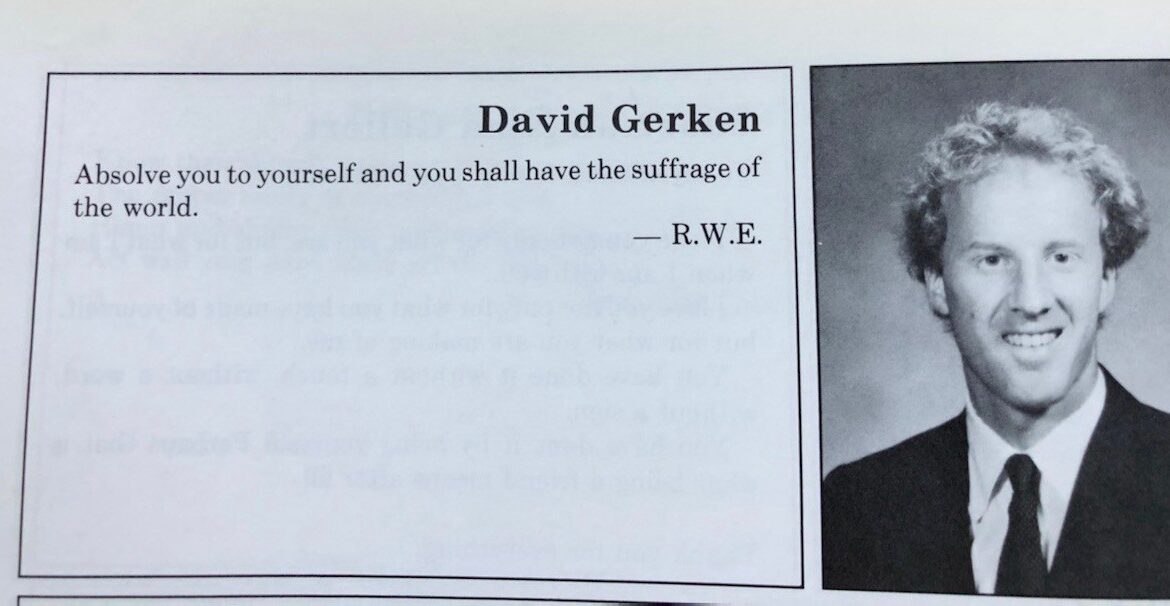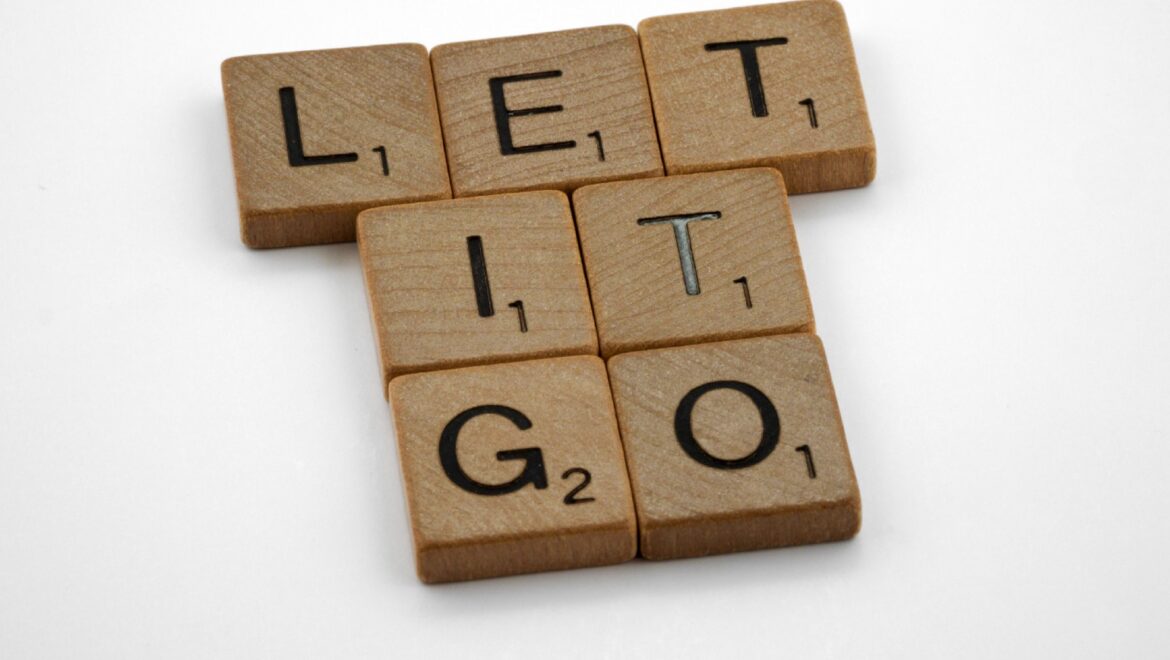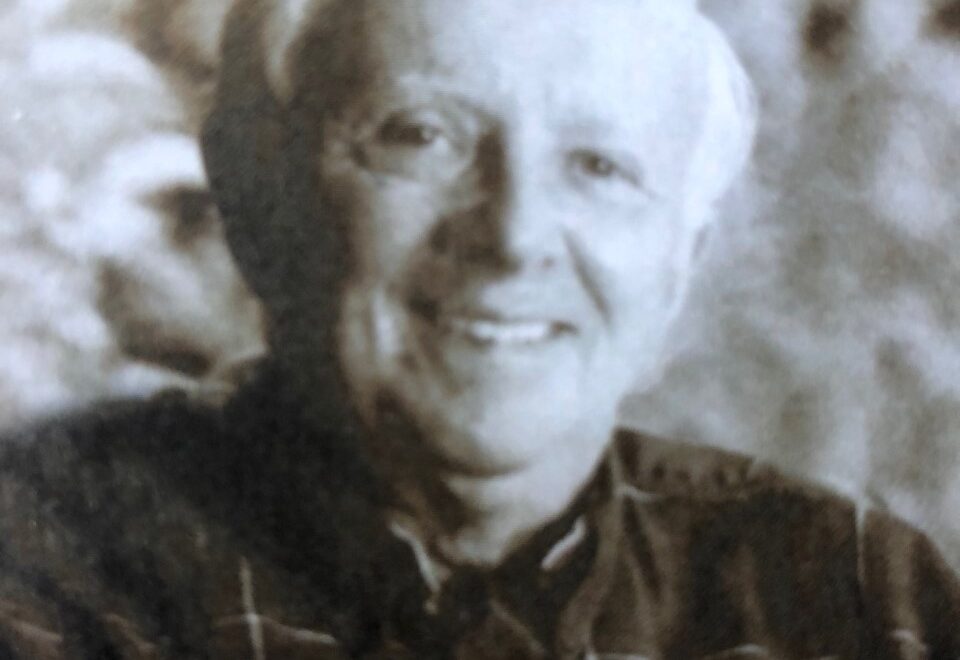Why Worrying is the Most Destructive of All Human emotions – And How to Slay it.
I’m going to go out on a limb here: I posit that most of you would say that the number one problem in your life is worrying. About your kids, about your financial situation, about your health, about your retirement, about your marriage, about death, and on and on.
A more compelling way of putting it is: Imagine your life if ALL worrying were eliminated. Try imagining that for a few seconds…It’s the be-all, end-all, isn’t it? No stress. No anxiety. Just inner calm.
Worrying drags down so many of us. Every day. We worry while we’re driving. While we’re eating. While we’re talking with people.
The 4 a.m. worry flurries
We even worry in the middle of the night! I can’t tell you how many people have told me they wake up at 4 a.m. and start worrying, their minds racing with thoughts about every potential doomsday scenario they’re convinced lurks around every corner. It’s torturous.
Bottom line on worrying: It causes great suffering and afflicts almost every human on earth.
Which begs the question: Why do we all worry so much? The short, ‘I don’t have 100,000 words to express it,’ answer is that our egos are the culprits.
The ego: everything we’ve held onto
What is the ego? One way to describe it is it’s the sum total of all of the experiences we’ve had that we’ve held onto.
For example, I lost a tennis match at age fourteen and saw the look of disappointment on my parents’ faces afterward. Instead of experiencing that and letting it go, I held onto it. I stored it inside.
Tennis worrying in my 50s
Decades later, I’m in a tennis tournament and my stomach is in knots about the match I’m playing in an hour. And I think to myself, “What the hell is wrong with you? It’s a stupid tennis match. Why are you so worried?”
I’m worried because of what I stored in there decades ago. It’s stored energy that never goes away unless we let it go when it comes up.
Now multiply my tennis story by thousands to come up with all the experiences I’ve stored and not let go of in my lifetime.
My first girlfriend
Here’s another example that’s more relatable. I had my first serious girlfriend my senior year in high school. It was fantastic for a few magical months…Then the potion wore off.
The truth is that I wasn’t into it anymore after about four or five months. But I felt like I’d made a commitment to her and didn’t want to let her down. So I hung in there for another six months or so. And felt terrible that whole time. Which was all my fault, not hers.
A relationship that never ended
I finally headed off to college and fell apart so badly that I had no choice but to break up with her. And that was the end of it. Right?
WRONG! It was the end of our relationship, but because I stored that experience and didn’t let it go, it tormented me in relationship after relationship…for DECADES. I’d get into a relationship, things would get rolling and then I’d freak out that I was going to have to break up and let the current girlfriend down. Time after time. It was debilitating.
Needless to say, worrying is never a good idea. The problem is that our egos constantly trick us into thinking it is. “I have to worry about keeping my job. If I don’t worry about it, I may lose it and then I won’t be able to pay my rent and buy food!”
Wrong. That person needs to NOT waste his/her energy on worrying and focus ALL of their attention and energy on doing the absolute best job they can.
Eckhart Tolle summed it perfectly by saying:
“Worry pretends to be necessary but serves no useful purpose.”
Fine, so worrying sucks. My attitude is, let’s not complain about it. Let’s address the problem.
What’s the solution?
Thinking logically, if our egos are the root cause of our worrying then…wouldn’t it be smart to chip away at our egos? Of course it would.
How do we do that? The first order of business is to work on getting quiet inside. How? By regularly meditating and practicing mindfulness.
What does that accomplish? It enhances our ability to watch/observe our egos rather than get swept up by them.
In the tennis example, my true, conscious self would observe that worrying/pit in my stomach an hour before my match. Instead of diving down to my lower, egoic self and being swallowed up by it, my conscious self would lean away and say, “Okay, my ego is worrying about my match.”
And that’s it. Not “Jeez, my ego is such an a-hole. Why does it worry about a dumb tennis match?” No. That’s placing a judgment on that feeling.
What meditation and mindfulness teach us is to look at ALL the elements of our present moment awareness in a nonjudgmental manner. With consistent practice, that worrying feeling becomes no different than the sound of the airplane flying overhead or the bee we see pollinating a flower. They’re just things happening in our present moment awareness.
Letting go is crucial
In addition to meditation and mindfulness, we also work diligently at letting go of those worrying situations when they arise. When that worried feeling comes up in my stomach regarding the tennis match, I lean away and watch it. And then let it go.
Then rinse and repeat this process every day for the rest of our lives on the myriad worries that prop up in our consciousness so frequently.
Amygdala shrinkage
I’ll conclude with some good news. Ever hear of the amygdala? It’s the part of our brain responsible for fight or flight and emotion regulation.
To massively simplify things, think of the amygdala as the worry wart center of your brain. The larger and more active yours is, the more neurotic and worrying you are.
Well, studies, including this one from Harvard, have shown that meditation causes our amygdalae to shrink and become less active. I can confirm through one anecdotal piece of evidence, ME, that this is accurate.
How? I can say with 100% certitude that I worry far less than I did ten years ago before I started meditating regularly.
The takeaway
So if you want to take a real crack at reducing how much you worry, start a meditation practice. Seriously. Do it.
If you’re looking for a place to start, go to my website, davidgerken.net, where I have a free, simple, easy-to-follow program. Or sign up for Calm.com or Headspace.com.
Do it for you and for everybody around you, like your kids, spouse, friends, parents, work colleagues. Because all of those people, especially YOU, will benefit immensely from you cutting back on worrying.
As incentive for you to take action on this, let’s end by again contemplating this hypothetical:
Imagine what your life would be like if you didn’t worry…










